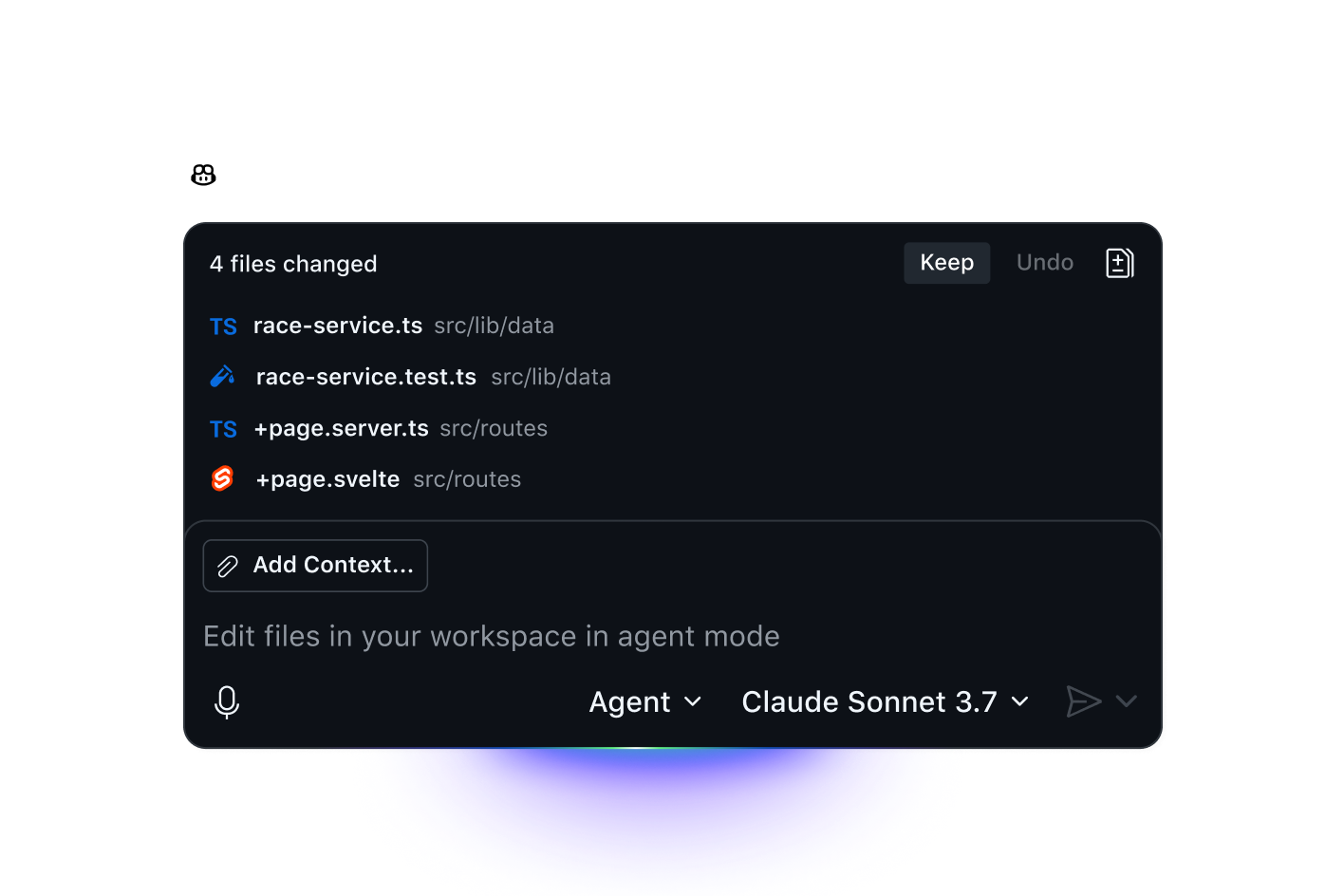Cline looked great in demos, but after using it for 3 months, I'm questioning my life choices. Here's why everyone's jumping ship:
The Problems Nobody Warns You About
My Claude API bill hit $180 last month because Cline kept re-reading my entire Next.js project every time I asked it to fix a typo. It would analyze the same 15,000 files over and over like it had dementia. The bring-your-own-API approach sounds great until you realize you're paying for the AI's terrible memory and token inefficiency.
Cline's browser automation is completely broken - it can't even handle a basic login form. I watched it click the wrong buttons, get confused by loading spinners, and give up on a simple React app. You'll end up using Playwright or Cypress for anything that actually needs to work.
Setup took me 3 hours because the documentation is garbage. MCP extensions don't work half the time, API keys get confused between different models, and the VS Code extension conflicts with other extensions. My teammate gave up after fighting with it for a full afternoon.
Running `npm run build` is a gamble - Cline either hangs after 2 minutes or completely forgets what it was doing. Last week it timed out during a Docker build and left me with corrupted intermediate containers that broke our entire dev environment. I've had it give up on test suites with a cryptic "Error: cannot find module" and just sit there doing nothing while burning through API tokens. Any command longer than 30 seconds is about as reliable as a politician's promise.
What We Actually Need
Stop surprising me with bills. I want to pay $20/month and know that's it, not wake up to a $300 API charge because the AI went crazy overnight. GitHub Copilot at $10/month and Cursor at $20/month don't give me financial anxiety like usage-based billing.
Just fucking work out of the box. Download, install, start coding. I don't want to spend my weekend reading docs about MCP configurations and API key hierarchies. The best tools get me productive in 5 minutes, not 5 hours of configuration hell.
Do the basics well instead of trying to browse the web and failing. I want code completion that doesn't suck, refactoring that doesn't break everything, and file editing that actually works. Leave the browser automation to tools that can handle it.
Don't get me fired by security. My company wants audit logs, access controls, and proof that our code isn't ending up in some training dataset. Most open-source tools can't handle enterprise paranoia, which is why we end up with boring but safe options.
Your Escape Routes from Cline
The market has figured out what actually works. Here are your options:
Tools that work in your existing editor like Continue and GitHub Copilot don't force you to learn new shortcuts or fight with configuration files. Install, enable, keep working.
New editors that don't suck like Cursor and Windsurf rebuilt everything from scratch instead of trying to bandage VS Code extensions together. More work upfront, way less pain long-term.
Terminal tools for people who live there like Aider and Claude Code work alongside git, vim, and grep instead of trying to replace your entire workflow.
Enterprise-safe options like Tabby let you run everything behind your firewall so security can sleep at night.
Pick whatever matches how you actually work, not what looks cool in demos. I've wasted too much time on tools that promised everything and delivered frustration.
![]()
GitHub Copilot - The reliable choice for most developers
![]()
Cursor - Built from the ground up for AI coding


 *Aider
*Aider